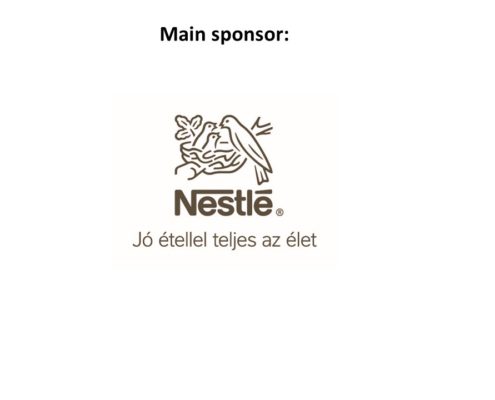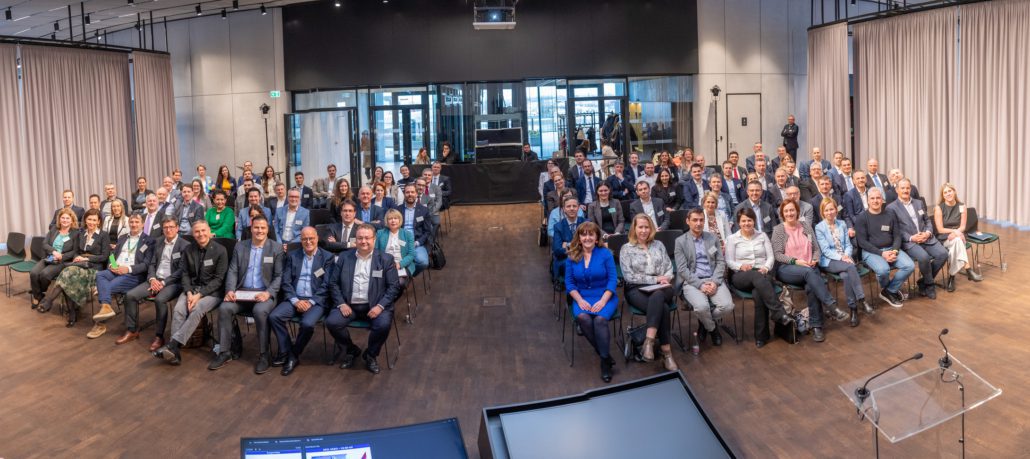Rising inequalities are one of the world’s most pressing sustainability challenges (alongside climate change and biodiversity loss). Oxfam’s latest Report states that globally, the richest 1% own 45.6% of global wealth, the poorest 50% just 0.75% in 2023. High levels and patterns of inequality have also become a systemic risk at global level, threatening entire nations and societies.
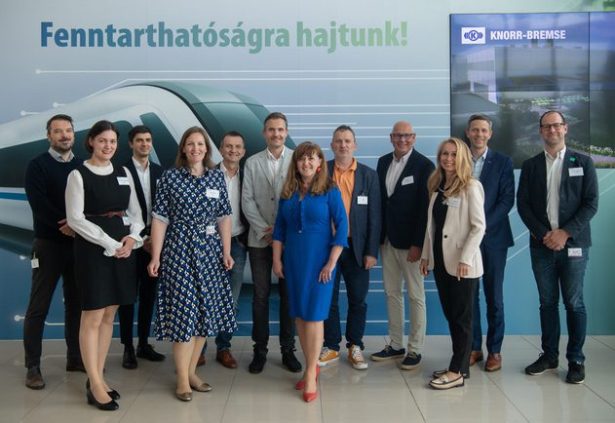
Inequality also directly affects the performance of companies: it limits productivity, consumption and growth, destabilises supply chains, and causes political and economic instability. The business case for tackling inequality is about mitigating these risks while contributing to the long-term sustainability of business. It is important to understand what business needs to do to drive systemic change and accelerate the process to reduce inequalities. The key to driving change is to ensure that people are seen as a value in companies’ value-creation processes.
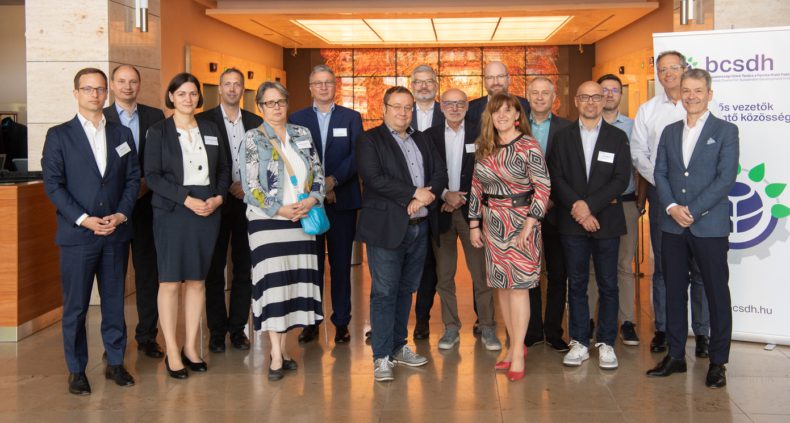
This was the topic of this year’s BCSDH ‘Transform Talks’ CEO Roundtable discussion series, in which more than 40 company leaders participated and shared their thoughts on the topic, the events were led by Márta Irén, BCSDH’s managing director.
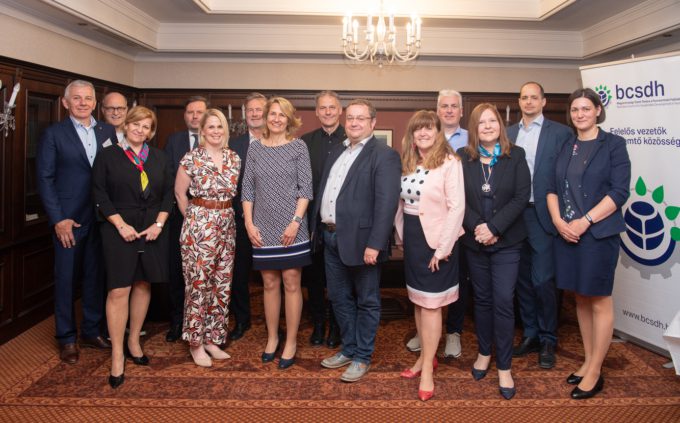
Corporate values and culture, openness, partnership, community building. Some key concepts that characterise companies that put people first. It was clear from the roundtable discussions that the participating companies have a strong commitment to their employees. Training and education, support for physical and mental health, and the creation of employment systems adapted to life situations are all priorities. Many company managers shared their positive experiences and good practices in these areas.
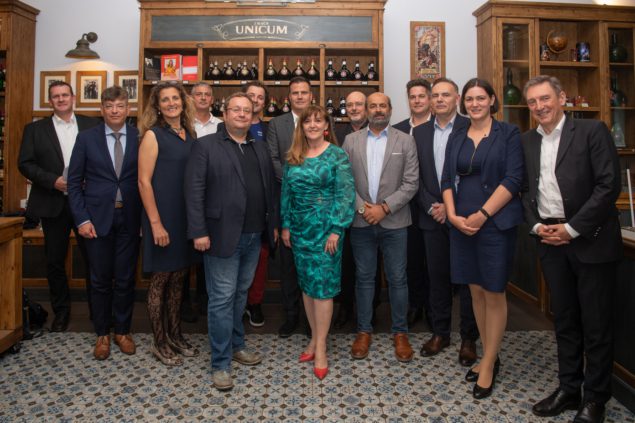
However, companies face significant challenges in attracting and retaining employees with the right skills and competences. Significant progress is also needed in improving staff mobility and health awareness. At the same time, it is clear that partnership and leadership by example are of paramount importance in this area. Companies are taking on increasing responsibilities in a number of areas, including the continuous training of their staff and increasing access to health services.
The concrete results of the ‘Transform Talks’ CEO Roundtable discussions will be presented at the BCSDH Business Lunch on 10th October, together with the company’s best practices.
Special thanks to the hosts of the events for providing the venue, the photo galleries can be viewed at the links below:
8 May – Host: Knorr-Bremse
9 May – Host: OTP
14 May – Host: MFB
22 May – Host: Zwack
Thanks to our Time to Transform 2023 sponsor!
